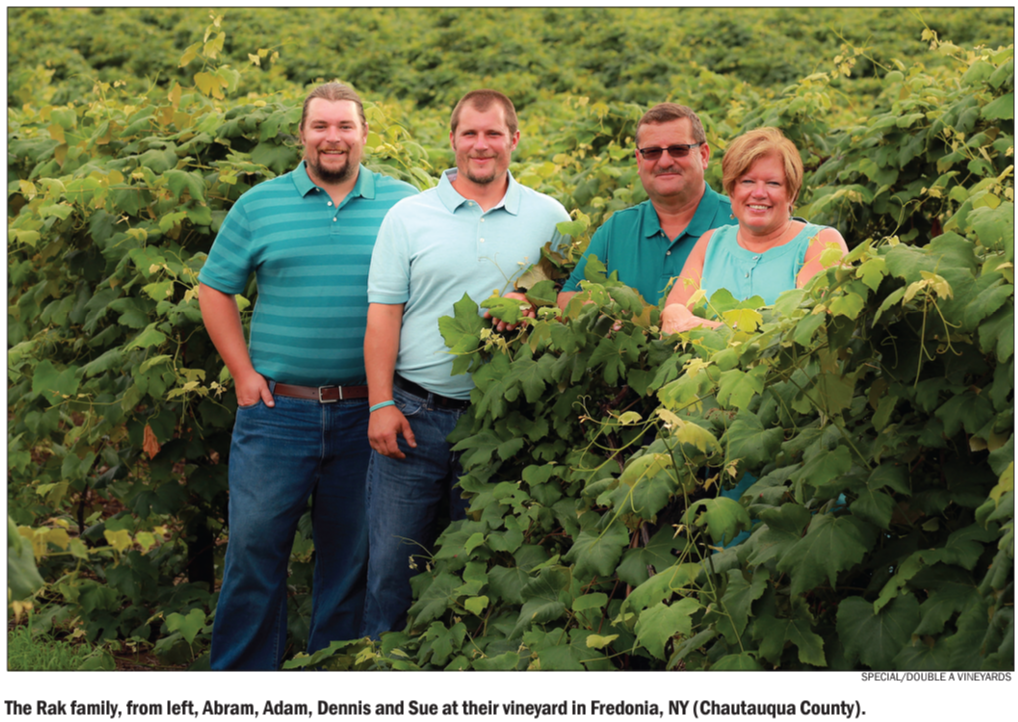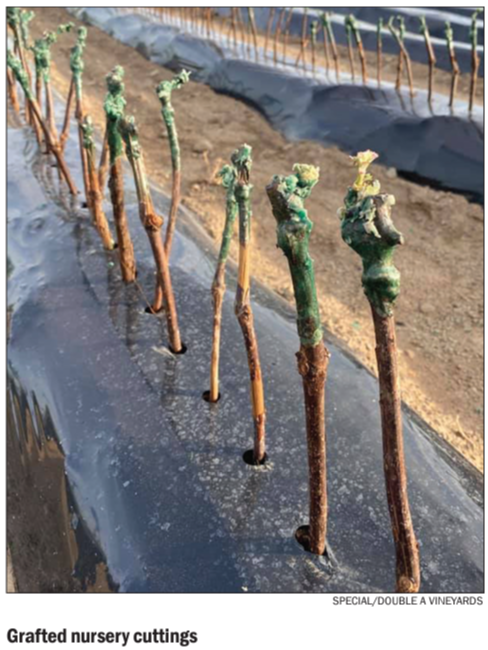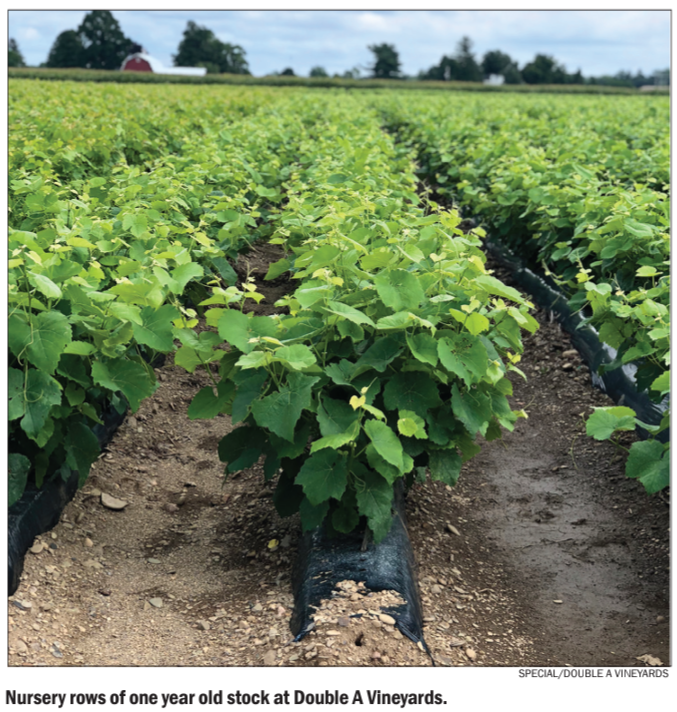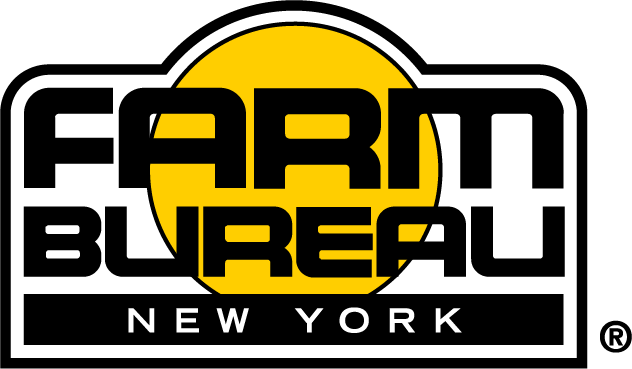
Dennis Rak of Double A Vineyards, Inc. in Fredonia has quite a few irons in the fire. As the name implies, the business consists of grape acreage. But the business is much more than that. Dennis prides himself on producing vines that are certified virus-free. This includes grape vines but also berry and hop plants. Dennis owns the business with his wife Sue and sons, Adam and Abram. Double A Vineyards, a name reflecting his son’s first initials, started in 1990 with a grape vineyard and nursery stock.

That hasn’t changed much. What has changed is the quantity and proportion of each – from 90% vineyard and 10% nursery stock when the business began to 90% nursery stock and 10% vineyard today. Double A initially sold 100,000 vines each year and now sells about 3 million to 3.5 million vines annually.
Their vine certification program is relatively new. Dennis describes it this way, “A big shift in our business began in 2015, working with New York State Department of Agriculture and Markets on our (virus-free) certification program”.
The process of licensing, permitting and development of processes and procedures, to sell stock certified as virus free started about seven or eight years prior to this. Vine testing is an important step in the process. New York State tests 25% of this business’s propagation blocks each year. A benefit of the virus-free certification is the additional business it can create. “Our hope is this will open up the Canadian export market to us”, Dennis explained.
About 25% of vine and other nursery stock sales from the farm is retailed through big box stores. The balance of the product is marketed directly to growers and private customers who purchase as few as a couple of vines at a time, mostly through internet sales. Dennis has found it difficult to keep up with the demand in product though he is managing to do so.
Managing growth is especially challenging considering that both production and sales must be input sourcing, transportation and worker availability all seem to be in a perpetual state of flux. The purchase of specialty plastics alone is indicative of the difficulty of cost management. The cost of the plastics that Double A uses increased 25% over last year. The shipping for that plastic increased 270% at the same time. Much of the specialized equipment that Double A uses comes from Europe. While Dennis used to order parts when he worked on equipment over the winter, supply chain concerns have changed that. He now says, “We order parts before we put equipment away so we’ll be sure we have them in time”.

As it does for most of agriculture, labor presents challenges. Dennis and Sue started with one or two employees as they took on part-time jobs to float the farm during the early years. They are now managing about 50 employees. This is in spite of the significant amount of mechanization that the business has experienced. Dennis feels that the business has gone as far in this area as it is likely to go.
“I’ve played my mechanization card as much as I could so far”, he said.
In recent years, the use of H-2A workers has been necessary as business has grown. Double A started with the H-2A program just four years ago and now forty percent of his workforce consists of H-2A employees.
Dennis expects continued growth in the future – both in markets and in production. The business has a transfer plan so that Adam and Abram may one day take the reins from their parents. The next time you see a grapevine cutting in your local department store, check to see if it comes from Double A.

